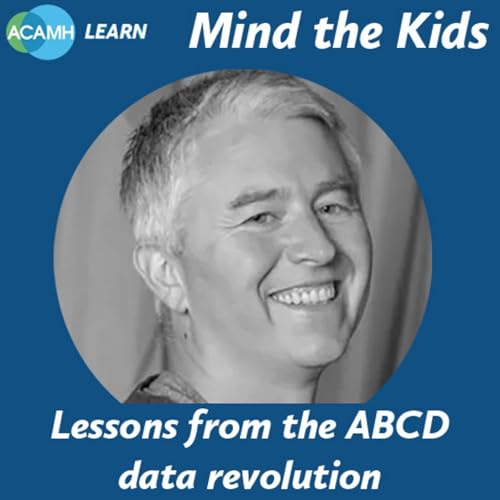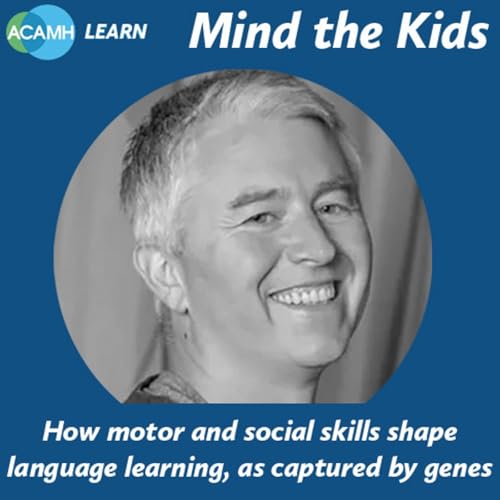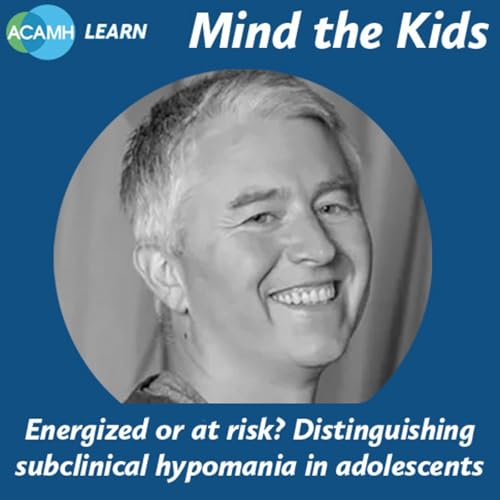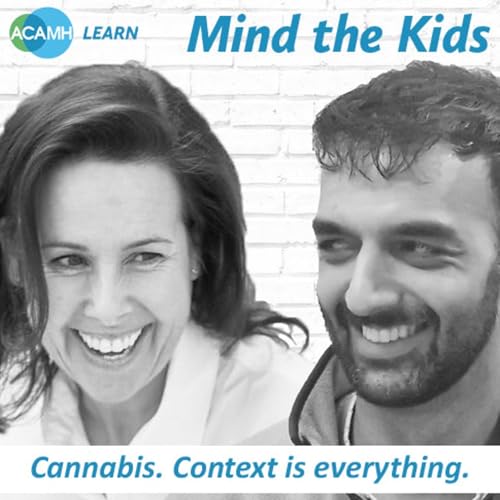This episode of 'Mind the Kids: Lessons from the ABCD data revolution' unpacks why “how we measure puberty” really matters for understanding adolescent mental health and development. Professor Adriene Beltz talks to Mark Tebbs about the huge US Adolescent Brain Cognitive Development (ABCD) study, which is following nearly 12,000 young people over 10 years with regular brain scans and surveys, giving an unprecedented window into how early experiences shape later outcomes.
While investigating multisite pain and sex differences, her team stumbled on a problem: researchers using ABCD data were often relying on a convenient categorical puberty score (pre‑, early, mid‑, late, post‑puberty) that drops information and heavily weights the onset of menstruation, rather than using a richer continuous score based on all five pubertal development items. Their analyses show the continuous score is generally more reliable, better aligned with existing puberty research, and less distorted by big “jumps” around menarche, especially for girls.
The conversation becomes a wider call to action: if puberty timing and tempo can shape lifelong trajectories in mental health, pain, and social experiences, then getting the measurement wrong risks misleading conclusions and missed opportunities for prevention. Adriene urges researchers to be thoughtful and transparent about how they score puberty in large datasets, to report clearly what they used, and to remember that puberty is a normative but highly sensitive transition where context, culture, and support all matter just as much as hormones.
Read the paper 'Research Review: On the (mis)use of puberty data in the ABCD Study® – a systematic review, problem illustration, and path forward' at https://doi.org/10.1111/jcpp.70035
Get a free CPD/CME certificate for listening to this podcast by registering for a FREE ACAMH Learn account at https://www.acamhlearn.org
Visit https://www.acamh.org
Facebook and LinkedIn search / ACAMH
Instagram https://www.instagram.com/assoc.camh
Bluesky https://bsky.app/profile/acamh.bsky.social
X https://x.com/acamh
 39 mins
39 mins 51 mins
51 mins Feb 12 202646 mins
Feb 12 202646 mins 27 mins
27 mins Jan 28 202642 mins
Jan 28 202642 mins 46 mins
46 mins 28 mins
28 mins 43 mins
43 mins
